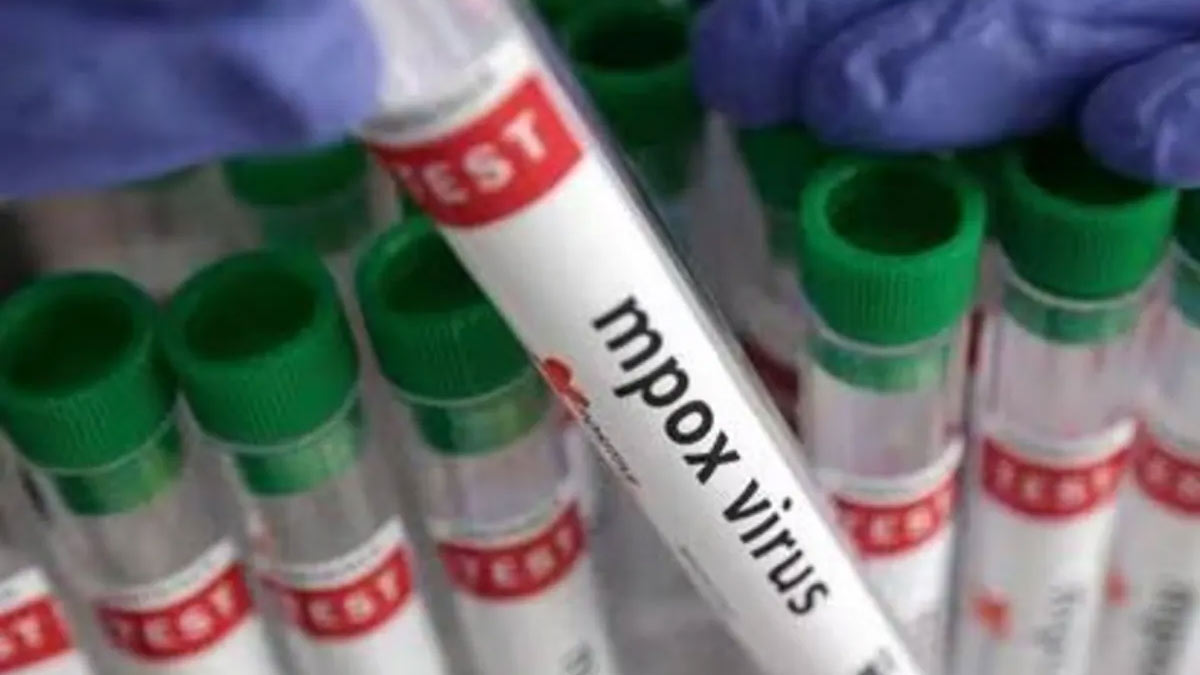
Peshawar, the bustling capital of Pakistan’s Khyber Pakhtunkhwa (KP) province, is becoming a focal point for a rising outbreak of mpox, a viral disease that has re-emerged as a global health threat. Over recent months, this city has seen an alarming increase in cases, sparking concerns among public health officials and international organizations alike. The latest patient, a 47-year-old man who had recently returned from the Gulf region, tested positive for mpox on August 29, marking the fifth case reported in Pakistan this year. With the World Health Organization (WHO) already declaring mpox a global health emergency, the situation in Peshawar is raising red flags and calls for immediate action.
Table of Content:-
Peshawar: A Growing Epicentre of the Mpox Outbreak
The situation in Peshawar is particularly troubling, as it appears to be evolving into the epicentre of the mpox outbreak in Pakistan. Federal Director General of Health, Shabana Saleem, expressed deep concern over the virus's re-emergence in the city, emphasizing the urgency of containing its spread. “The virus's re-emergence in Peshawar raises serious concerns about its transmission and demands immediate action,” Saleem stated, underscoring the city's growing vulnerability to the disease.
Saleem pointed out that all recent cases involved individuals who had travelled to the Gulf region, suggesting a potential link between international travel and the spread of the virus in Pakistan. This pattern is particularly evident in Khyber Pakhtunkhwa province, where the majority of cases have been reported. The authorities in KP are now on high alert, with health officials intensifying efforts to monitor and contain the outbreak.

Understanding Mpox: A Global Health Concern
Mpox, formerly known as monkeypox, is not a new virus. It has been a public health issue in parts of Africa for over five decades. However, it resurfaced on the global stage in 2022, capturing international attention due to its rapid spread beyond the African continent. The WHO declared a new health emergency on August 14, 2024, due to the emergence of a new strain of the virus, known as ‘clade 1b’. This strain has caused over 18,000 suspected cases and 615 deaths in Congo alone this year, with additional cases reported in regions such as Africa, Sweden, and Thailand.
Also Read: Surge in Upper Respiratory Infections Reported in Telangana: Essential Tips to Stay Safe
The WHO's declaration aims to galvanize a robust global response to the disease, which has been largely neglected in many parts of the world, particularly in African countries like Nigeria. In May 2024, scientists identified a new variant of the virus in Congo that appears to be more easily transmissible. This discovery has heightened concerns about the virus’s potential to spread further, especially in regions with limited healthcare infrastructure.
UNICEF’s Role in Addressing the Crisis
As the situation in Peshawar worsens, international organizations are stepping up to provide assistance. UNICEF, in particular, has intensified its efforts in Pakistan, focusing on both immediate and long-term solutions to mitigate the impact of the outbreak. The organization is working closely with local health authorities to strengthen surveillance, improve diagnostic capabilities, and ensure that those affected by the virus receive appropriate care.
Also Read: Triple E Mosquito Virus Spreading Rapidly Across Northeastern US
UNICEF's involvement is crucial in a country like Pakistan, where healthcare resources are often stretched thin. The organization is not only providing medical supplies and equipment but also working to raise awareness about the virus. Public education campaigns are being launched to inform communities about the symptoms of mpox, how it spreads, and the importance of seeking medical attention if symptoms appear. These efforts are particularly important in rural areas, where access to healthcare is limited, and misinformation about the virus is rampant.
The Road Ahead: Containment and Prevention
The outbreak in Peshawar highlights the need for a coordinated, multi-faceted response to mpox, not just in Pakistan but globally. The virus's resurgence in different parts of the world, coupled with the emergence of new, potentially more dangerous strains, underscores the importance of vigilance and preparedness. In Pakistan, the focus is now on containing the outbreak in Peshawar and preventing its spread to other regions.
This will require continued collaboration between local health authorities, international organizations like UNICEF, and the global health community. It will also necessitate a concerted effort to address the underlying factors that contribute to the spread of the virus, such as inadequate healthcare infrastructure, poor hygiene practices, and the lack of public awareness.
Bottomline
As Peshawar emerges as a potential epicentre of the mpox outbreak in Pakistan, the situation calls for immediate and sustained action. The involvement of international organizations like UNICEF provides a glimmer of hope, but the road ahead remains challenging. The global community must remain vigilant and proactive in its efforts to combat this re-emerging threat, ensuring that the lessons learned from the current outbreak are applied to prevent future crises.
Also watch this video
How we keep this article up to date:
We work with experts and keep a close eye on the latest in health and wellness. Whenever there is a new research or helpful information, we update our articles with accurate and useful advice.
Current Version